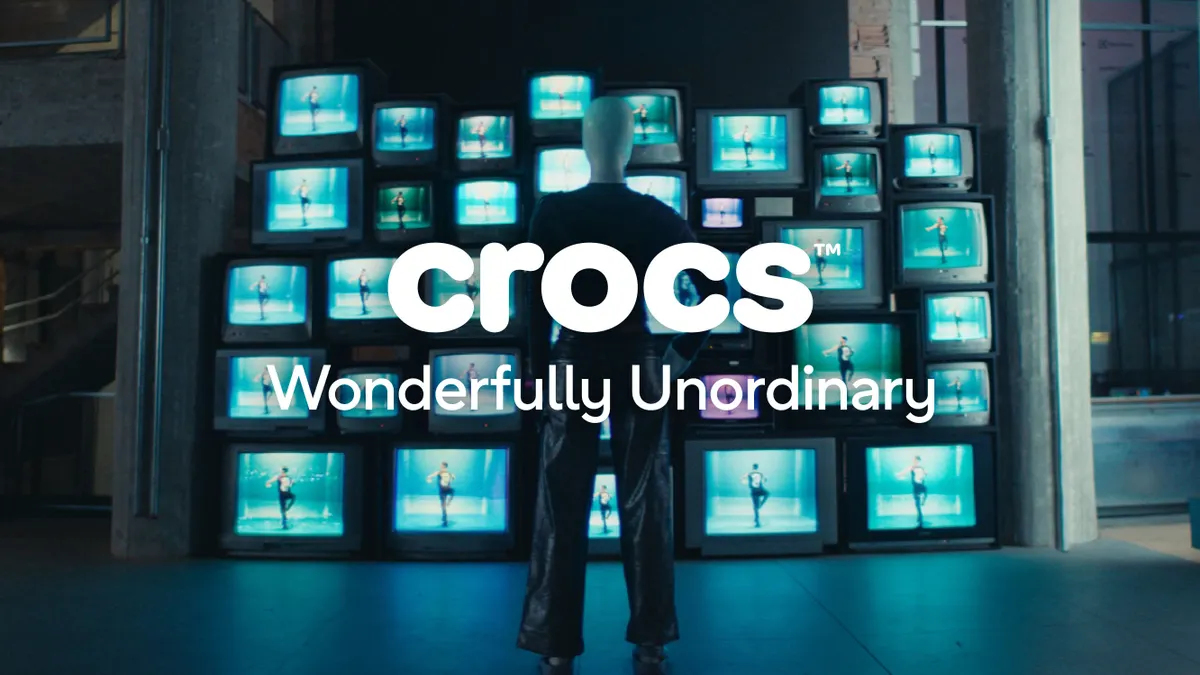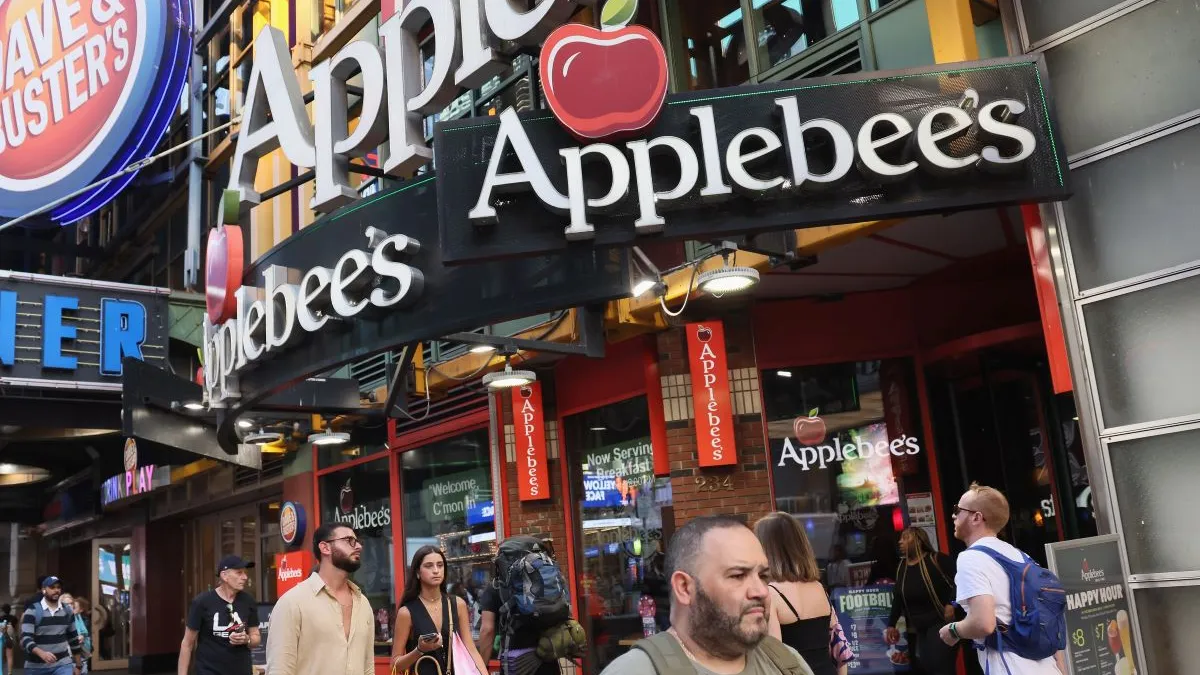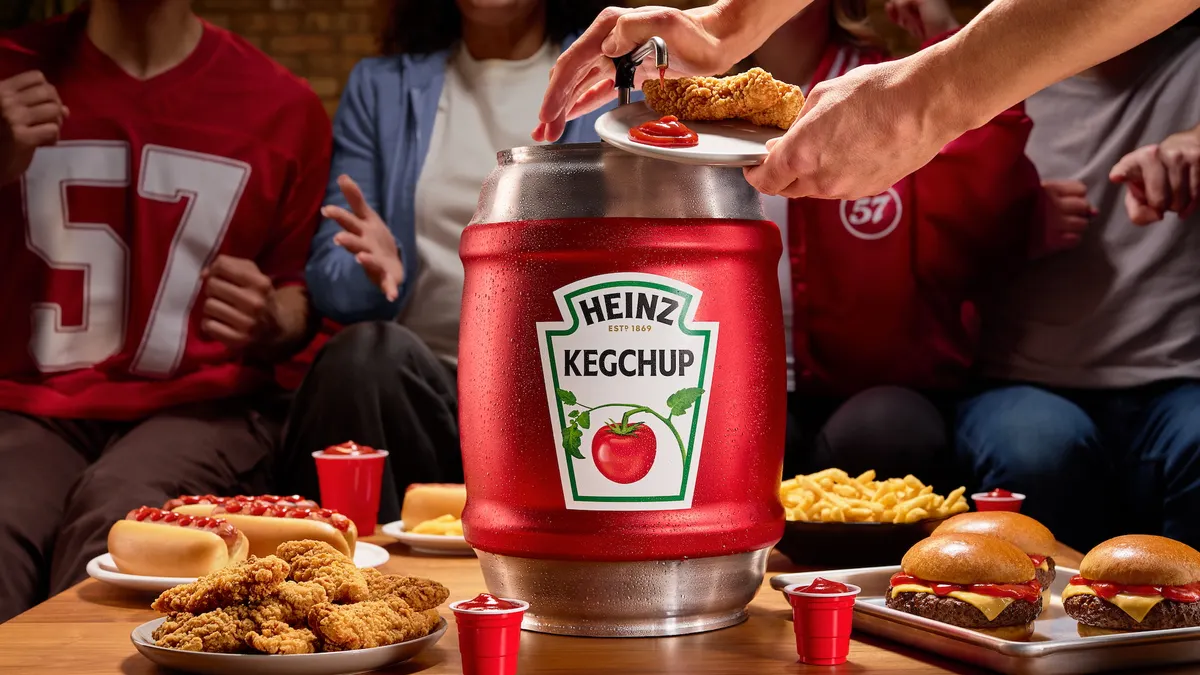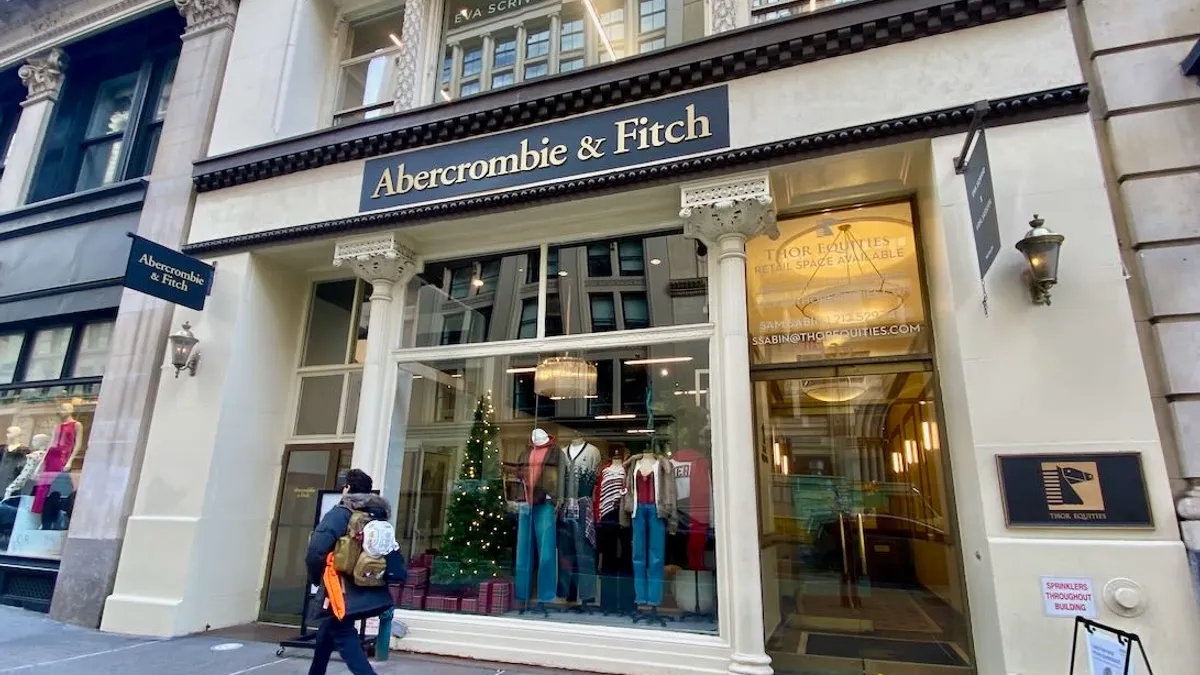As the world emerges from the haze of the coronavirus pandemic, marketers are tasked with quickly deciphering the changes to consumer behavior and pivoting to a post-pandemic reality. This is especially true for perpetually under siege chief marketing officers — a group that saw its influence increase during the pandemic but must remain vigilant to fortify those gains.
Increasingly, CMOs and other marketing leaders are called on to move beyond advertising and communications and instead deliver experiences that engage consumers and prove brand purpose. Questions about the evolving role of the CMO and how brand purpose is separate from other company priorities like corporate social responsibility remain, and were discussed during a general assembly of the ANA's Global CMO Growth Council, as part of this year's virtual Cannes Lions.
The evolving CMO role
While already balancing long-term brand-building with short-term goals, CMOs are being pulled in multiple directions. More than half of chief marketers manage 11 to 20 unique capabilities and disciplines, across media, brand, advertising, digital, product, operations and social verticals, according to an informal poll during the assembly.
"We're working on every initiative, we're involved in every single thing that happens across the company in a way that I don't think any other team is," said Stephanie Fried, CMO of fan culture platform Fandom. "We're really kind of a web across the organization, and I think our role is also to connect the dots on opportunities that aren't being seen."
"Lots of people are mixing brand purpose with corporate social responsibility, which is a mistake."

Mathilde Delhoume
Global brand officer, LVMH
Along with growing portfolios, chief marketers can also be responsible for strategic initiatives that span organizations. One topic of discussion on the panel was how marketing departments are often called in by other departments to provide strategic help on corporate responsibility work and inclusion programs. While this work may not officially be part of anyone's job description in the marketing department, employees often feel proud of this kind of work.
Brand purpose, defined
While these responsibilities are growing and diffused, staying true to brand purpose can help marketing executives unite and streamline their efforts. But even the idea of what exactly brand purpose means is becoming more complicated, per several executives at the assembly.
"Lots of people are mixing brand purpose with corporate social responsibility, which is a mistake," said Mathilde Delhoume, global brand officer at LVMH. "Brand purpose is why does your brand exist for the humans it serves."
To ensure clarity of brand purpose, Delhoume uses what she called the five Ds: DNA-rooted, decisive, distinctive, desirable and durable. Brand purpose must be rooted in the company's DNA and cannot come from left field, and it must allow the marketer to decisively say "yes" or "no" about certain things. Marketers must assess the landscape and be distinctive from competitors while being desirable for consumers and durable enough to stand the test of time.
But for some marketers, brand purpose is increasingly conflated with cultural discussions and changing community priorities. The panel discussion touched on how this can start to look gimmicky and lacking in authenticity if the message isn't core to a brand.
Operationalizing purpose
Over the past year amid the pandemic and a racial reckoning, brand purpose has been key to connecting with consumers who demand more from brands. Trisha Engelman, who runs influencer marketing for ViacomCBS as vice president of digital integrated marketing, relied on creators during a fraught year.
"ViacomCBS helps brands connect with consumers, which feels like a uniform definition of brand purpose," Engelman said. "A big way to do that is through trust, and to establish trust you have to appear authentic, and we found a lot of success in being able to do that by humanizing brands through storytelling with influencer marketing."
Brand purpose can also extend beyond the confines of a tactic like influencer marketing: It can be at the center of an entire company. That's the case for Unilever, a company that maintains that brands with purpose grow, companies with purpose last and people with purpose thrive, according to a company executive.
To bring brand purpose to life and create a positive impact, Unilever utilizes its new marketing philosophy, "Get into the frontline," which underscores the company's belief that business does not start at the top line or the bottom line, but on the front lines of society, the executive explained.
As part of this philosophy, the company focuses on three pillars for marketing: be real, do good and be unmissable. Brands must understand true consumer challenges and create positive impact, but also break through the "clutter war."
"We need to build memories and provide experiences for the people that we serve ... across all different touch points. This is how we live purpose at Unilever and how we operationalize this to really create a positive impact on society and in the planet," the executive said.






















